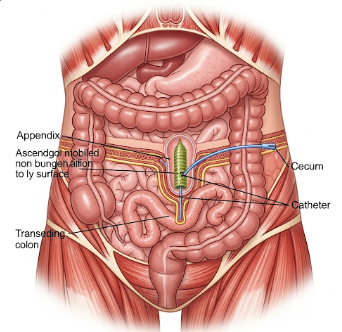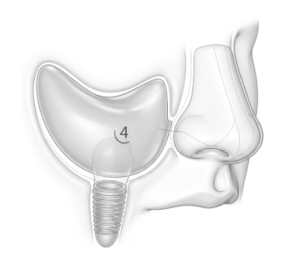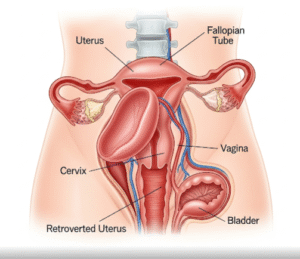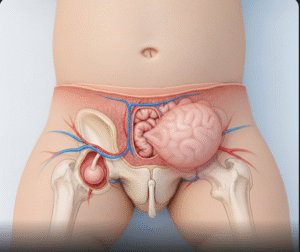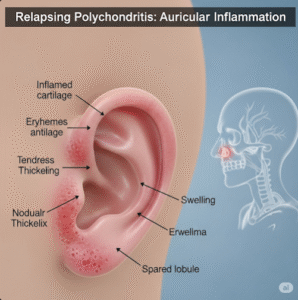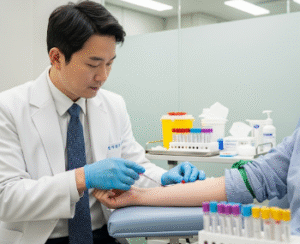Overview
Appendicostomy, also known as the MACE procedure (Malone Antegrade Continence Enema), is a surgical procedure designed to improve bowel management in patients with chronic constipation or fecal incontinence. The procedure involves creating a channel using the appendix that allows patients or caregivers to perform antegrade enemas, helping to empty the colon efficiently.
This procedure is commonly indicated for patients with neurological disorders (such as spina bifida), chronic constipation, anorectal malformations, or bowel dysfunction following surgery. In Korea, appendicostomy is performed by highly skilled pediatric and colorectal surgeons using advanced surgical techniques. Korean hospitals combine state-of-the-art operating theaters, minimally invasive approaches, and comprehensive post-operative care, providing patients with improved continence, independence, and quality of life.
What is Appendicostomy (MACE Procedure)?
The MACE procedure involves connecting the appendix to the abdominal wall to create a stoma (small opening). This allows patients or caregivers to administer flushes of water or saline directly into the colon, promoting regular bowel evacuation.
Key points of the procedure:
- Uses the appendix as a natural conduit for enemas
- Can be performed laparoscopically or through open surgery depending on patient condition
- Usually includes a small stoma on the right lower abdomen, which can be discreetly covered
- Designed for long-term bowel management, reducing dependence on oral laxatives or rectal enemas
The procedure is particularly beneficial for children and adults with neurogenic bowel dysfunction who cannot achieve regular bowel emptying with conventional treatments.
What are the benefits?
- Improves bowel continence in patients with chronic constipation or fecal incontinence
- Reduces reliance on oral laxatives or rectal enemas
- Enhances independence and quality of life, especially for children and caregivers
- ✅ Minimally invasive techniques in Korea reduce scarring, recovery time, and complications
- ✅ High success rate with long-term patency of the appendicostomy channel
- ✅ Provides predictable and controlled bowel management, improving social and psychological well-being
Procedure Details
1) How should I prepare for Appendicostomy (MACE Procedure)?
- ➤ Comprehensive evaluation, including physical examination, bowel imaging (contrast enema), and colonoscopy if needed
- ➤ Review medications, especially those affecting bowel motility or bleeding risk
- ➤ Bowel preparation may be required prior to surgery
- ➤ Preoperative counseling on procedure steps, post-operative care, and expectations
- ➤ Arrange home support for initial use of the appendicostomy for enemas
2) What happens during the procedure Appendicostomy (MACE Procedure)?
- ✅ Performed under general anesthesia
- ✅ Surgeon isolates the appendix and connects it to a small opening in the right lower abdomen
- ✅ Secures the appendix to the abdominal wall to create a functional stoma
- ✅ Laparoscopic approach may be used to minimize incisions and reduce recovery time
- ✅ After creating the channel, the stoma is closed with a small catheter or cap until first use
- ✅ Surgery typically takes 1–2 hours, depending on patient age and anatomy
3) What happens after an Appendicostomy (MACE Procedure)?
- ➤ Patients are monitored in post-anesthesia care unit for vital signs and pain control
- ➤ Pain management and antibiotics may be administered to prevent infection
- ➤ Initial flushes of water or saline are introduced under supervision
- ➤ Patients or caregivers are trained in proper antegrade enema techniques
- ➤ Full recovery may take 2–4 weeks, with gradual return to regular bowel management
Risks / Benefits
Potential Risks:
- ➤ Infection at the surgical site or stoma
- ➤ Leakage or blockage of the appendicostomy channel
- ➤ Stomal stenosis (narrowing of the opening)
- ➤ Bleeding or hematoma formation
- ➤ Rare complications like injury to surrounding organs
Benefits:
- ✅ Provides reliable bowel evacuation for patients with chronic constipation or incontinence
- ✅ Reduces dependence on oral laxatives, rectal enemas, or digital stimulation
- ✅ Improves quality of life, independence, and confidence, especially in children
- ✅ Minimally invasive techniques in Korea reduce post-operative complications and recovery time
- ✅ Long-term patency allows consistent and effective bowel management
Recovery and Outlook
- Hospital stay: Usually 2–5 days depending on patient age and overall health
- Activity: Light activity can resume within a few days; full activity after 2–3 weeks
- Stoma care: Patients or caregivers are trained to maintain the appendicostomy and administer antegrade flushes
- Follow-up: Regular follow-up visits to check stoma function and monitor for complications
- Most patients achieve regular bowel emptying, improved continence, and greater independence
- Long-term outcomes are excellent, with many patients using the appendicostomy successfully for years
When To Call the Doctor
- ➤ Redness, swelling, or discharge at the stoma site
- ➤ Difficulty flushing or obstruction in the channel
- ➤ Persistent abdominal pain or fever
- ➤ Leakage around the stoma
- ➤ Any unusual bleeding or signs of infection
Best Korea Option / Process
- ✅ Korea offers specialized pediatric and colorectal surgical centers experienced in MACE procedures
- ✅ Hospitals provide laparoscopic and open appendicostomy with high precision
- ✅ Preoperative evaluation, surgery, and training for caregivers are included in a comprehensive care package
- ✅ Advanced post-operative monitoring ensures low complication rates and optimal stoma function
- ✅ International patients benefit from English-speaking coordinators, VIP services, and rehabilitation guidance
- ✅ Minimally invasive approach allows faster recovery, shorter hospital stay, and better cosmetic outcomes

